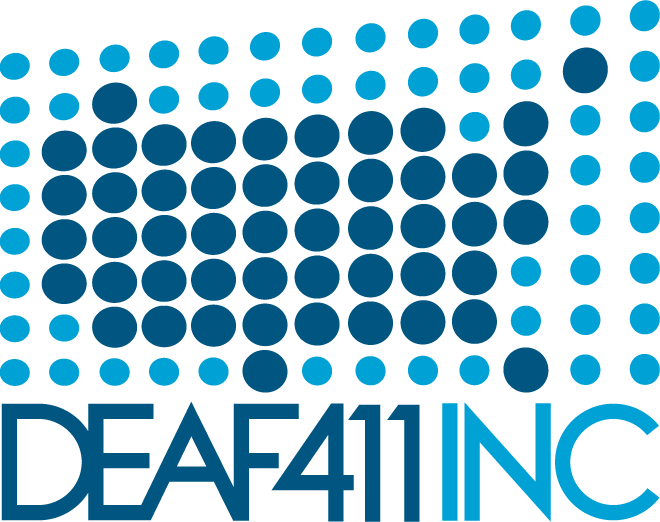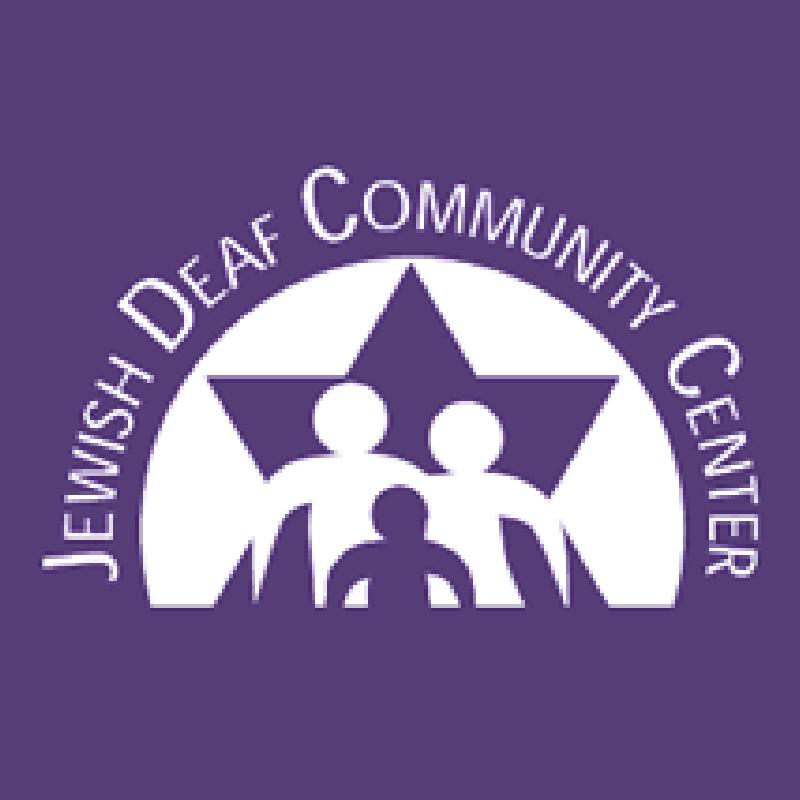« “What should you consider when considering a new City?” | Main | REVIEW: T-Mobile introduces “Sidekick 2008” »
Make it Deaf-Friendly, or just go into “Deaf Cyberspace”?
By Deaf411 | July 22, 2008
With the Internet becoming a common household “must-have” in homes, Americans spend about 15.3 hours per week online. More Americans now work at home and earn a living, thanks to the Internet. Studies also show that Americans spend 24 minutes shopping online on average.
How does these statistics differ for deaf and hard of hearing Americans?
Deaf Cyberspace
Ideally, deaf people should live in a city with many resources and options to make the town very accessible and comfortable. With the Internet, the communication barriers are reduced significantly. It is accessible to all parts of society – race, cultural and special interests. In general, any website can be translated into other languages and even be blind-friendly.
Socializing on the Internet is even possible! Popularity of social networking sites are still spreading among the deaf community. Already popular in the hearing community, these sites especially Facebook now enables people to keep in touch with their friends and co-workers without having to meet them in person. They can even be in different towns or countries, and it does not matter if they are deaf or hearing – they can still communicate with each other through this visual Internet vehicle!
Many mainstream websites do not have captions for their videos, webinars or teleconferences and do not provide American Sign Language translations. Use of vlogs utilizing sign language in recent months however, is filling in this need but a long way remains. Recently the Internal Revenue Service (IRS) and just last month, the U.S. Department of Agriculture’s (USDA) Food Safety and Inspection Service (FSIS) started providing videocasts in sign language. Eventually federal law is expected to clarify the requirement and who is responsible for providing accessibility to deaf Americans.
Deaf Americans are finding ways to use the Internet to their advantage. They can make videophone calls, use Instant Messaging (IM), and make relay calls to hearing people businesses and agencies. Now with the trend of more Americans working at home, does this mean deaf people should still look for a deaf-friendly city to live in?
We know that the Internet has its downside: it is not completely safe; people could break in computers or websites and steal information, those taking advantage of other people’s privacy i.e. predators preying on young people and identity theft.
If the Internet provides accessibility to “everything”, are there also faults of the Internet for deaf people as well?
 |
PLAY VIDEO TAKE SURVEY |
Topics: Deaf-Friendly | No Comments »
Comments are closed.







